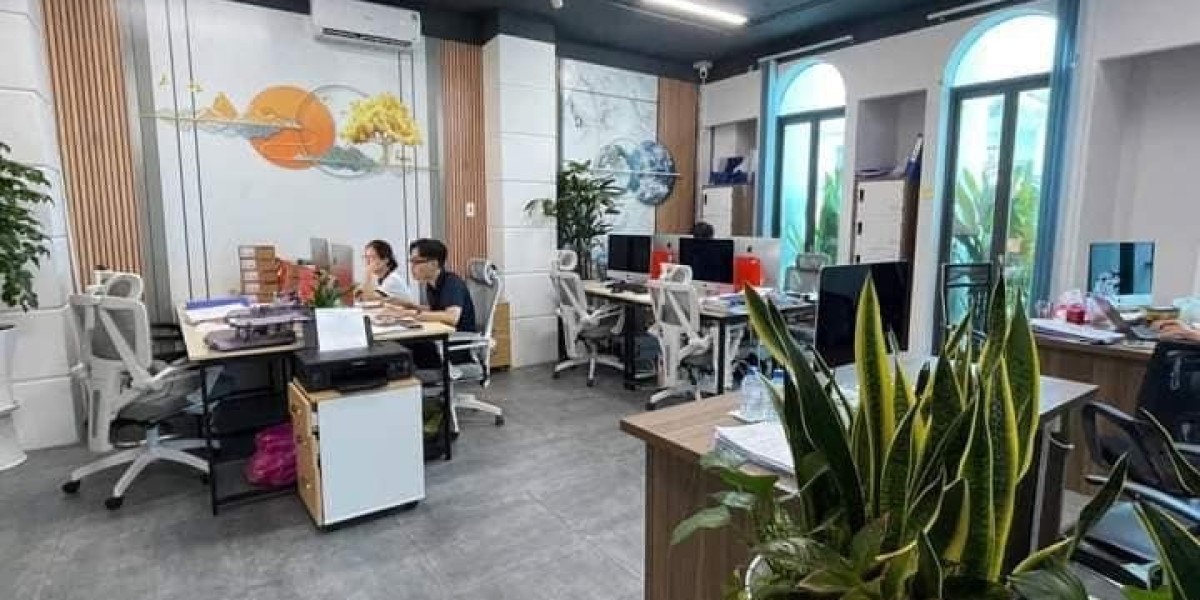Crops in Botswana grow gradually due to dryness and cold-weather, and this is a barrier to the accomplishment of a low carbon society based upon bioenergy. However, the country has an abundance of wild plants that can hold up against dryness and winter cold. It also has big numbers of jatropha curcas trees, whose seeds have abundant quantities of an oil considered to hold excellent guarantee as a biofuel. The goal of this job is to use these resources to establish jatropha curcas ranges that are resistant to dryness and cold weather condition and deal high performance, in addition to to establish approaches of cultivating these varieties. In this way, a biological technique will assist to achieve a low carbon society.
In this way, a biological technique will assist to achieve a low carbon society.
Creating a bioenergy production design based on the country's own biological resources
A database of biological resource data connecting to Jatropha will be built and suitable varieties will be established. Moreover, in this arid area that is subject to cold weather condition, efforts will be made to develop a growing system that is versatile with respect to climate change.
Moreover, in this arid area that is subject to cold weather condition, efforts will be made to develop a growing system that is versatile with respect to climate change. The job will work to develop a sustainable bioenergy production model utilizing plant hereditary resources that are native to Botswana.
The job will work to develop a sustainable bioenergy production model utilizing plant hereditary resources that are native to Botswana.





